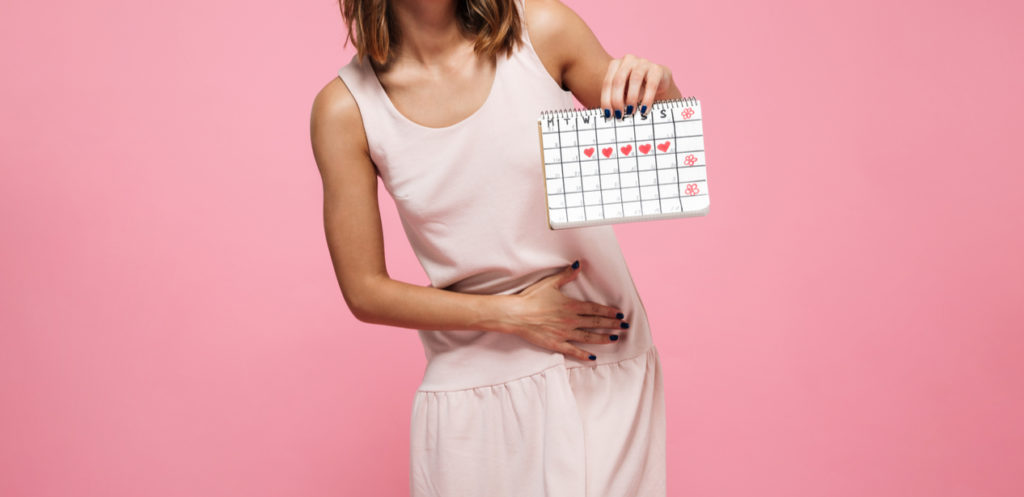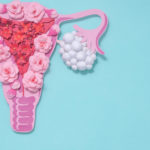Every mum trying to get pregnant has many question on ovulation, fertility and conception. Like what is ovulation? How to calculate it? What are the normal and unnormal signs of ovulation? And the big question, does ovulation play a role in determining the sex of the baby? Here are all the answers your looking for with our expert Dr. Elias D. Abi Khalil.
View this post on Instagram
First of all, Dr. Elias covers the most asked question on ovulation including:
- – What happens about round ovulation?
- – How to determine when your ovulation is going to be?
- – What are the methods to know when you are ovulating or not, and how does it influence your fertility?
- – How to use ovulations to increase the success of conception and to conceive a baby?
- – The theories of having a boy or a girl in relation to ovulation intercourse.
If you have any other questions, you can always reach out here and Dr. Elias will be happy to answer all your questions.
What is ovulation?
First of all, any lady who has a regular menstrual cycle indicates that she is ovulating. Ovulation is an essential physiologic mechanism that prepares your body to have a period. It is the process where the ovaries are interchanging the release of an egg. This happens on a monthly basis. It is a switch mechanism where the ovaries are secreting a hormone called estrogen to one called progesterone. The interplay of both hormones makes you build the inside of the uterus and shed it later during the cycle.
What are the normal signs of ovulation?
In other words, if you are having your period regularly every 21 to 35 days, then you are ovulating. It is important to know that the number of ovulation days before a period is always fixed to 14 days. That is because the hormone progesterone is secreted by the ovaries and it only lives inside for 14 days. This is a very stable phase. While the time between your period and the next ovulation cycle is more variable. Let us assume that you are having a 30 day cycle, this indicates that your second phase is 14 days and your first phase is 16 days. Keeping this in mind, helps you calculate when you are ovulating after.
It is important to be aware of non Ovulation signs.
For instance, missing a period for 2-3 months or longer or having a prolonged one. irregular periods are also a sign that you are not ovulating. But there always could be more reasons why you are not ovulating.
How to calculate ovulation?
The best way to calculate this accurately is by taking an average from the last 3 months and checking how long they were. When you do so, the result may be that your cycle is between 28-32 days, this means that you have 14-18 days of ovulation and a fertility window that is about 12-18 days. Don’t forget that these numbers can be different from one cycle to another.
You can use other methods rather than calculating yourself like phone apps. There are plenty of options that help you calculate your cycles by logging in dates and the app will do the rest. Another method is getting an LH ovulation kit. It is very similar to a pregnancy stick. This test will tell you exactly when you will be ovulating. There are some misconceptions about this test. For example, if it turned out positive, some women would think that they are ovulating exactly at this moment. And this is wrong. A positive result means that you will start ovulating within the next 36 hours.
What to do during the ovulation period?
First, know when your ovulation window is. After that, you take the LH ovulation test, and wait the right amount of time which is 36 hours. Then you start having intercourse in order to conceive. The best way to do this according to Dr. Elias is to have intercourse the next day of taking the test. Sperm lives inside for 27 hours and that would be the first time you should try. A common mistake amongst mums who are trying to get pregnant is that they try daily. This is wrong because sperm will get depleted if you try multiple times on a daily basis. Many mums believe that frequent attempts increase their chances of getting pregnant, and that is not true.
How to use your ovulation window correctly?
The first thing you should do is to calculate the dates Dr. Elias mentioned. Then, you should have more focused and determined time for intercourse. You also have to give time for the sperm to regenerate and to have the right time to have intercourse. This is where calculating your fertility window works to maximize your chances of getting pregnant.
How soon can a woman get pregnant after her period?
This depends on the cycle length. It determines the time between having your period and being ready to conceive a child. If your cycle is 20 days for example, that means you will ovulate a week after your period. On the other hand, if your cycle is 28 days, it means ovulation will begin two weeks after.
Does my lifestyle affect my ovulation?
Ovulation is a marker of how relaxed your body is. It is a very sensitive mechanism that can be affected by any stress on your body. This affect might be cause a series if factors such as:
- – Physical, psychological, or emotional stress.
- – Physiological stress, like a region or a climate change.
- – Anxiety and illness.
- – Exercising and excessive weight loss or gain.
- – Diet, smoking, and alcohol.
All of the previous can influence your ovulation. You can use ovulation as an indicator of how well your body is. So, yes, your lifestyle can affect your ovulation.
What about menstrual cycles that are longer than 35 days?
If your cycle is longer than 2-3 months, then it is an indicator that you are not ovulating. What happens during ovulation is that your body goes through something called estrogen hormone breakthrough bleeding. When cycles last longer, it builds up the wall and it does not shed. Meaning that the ovulation mechanism is not working, and the hormone switch is not happening.
Can you determine your ovulation window with such long cycles?
It can be very challenging to do so. And it most likely means that you did not go through the ovulation cycle.
How to regulate long periods and avoid prolonged ones?
To regulate ovulation, you should know what is going through your body. If it is a one time event, then it could be just life stress. However, if it is a recurring event, that means you should get your ovaries checked out. Also, It is important to rule out polycystic ovaries.
Is ovulation painful?
One of the signs that ovulation is happening is the pain that comes with it. There is a change in the vaginal secretion mostly. And many women know they are ovulating based on that. Some women feel bloating or breast engorgement more than usual. The pain that comes with ovulation is called Mittelschmerz. It is related to the release of the egg from the ovary which causes bleeding inside the pelvis which causes this pain.
Dr. Elias assures you that this pain is normal. It is not dangerous, and it lasts for about 24 hours after you start ovulating. You can take simple painkillers and you will be good to go.
Tips to increase your ovulation
There are a few things that you can do in order to maintain your health thus making your ovulation better. The 3 main tips to do so are:
- Maintain a healthy lifestyle
- Exercise regularly
- Avoid extreme weight loss or gain
Can ovulation be used to help with contraception?
Yes, you can. A lot of people use this as a contraceptive method. Monitoring both ovulation periods and the fertility window help you know when to avoid having intercourse. In order to do so, you should be aware of your cycle’s length. But it might be harder when cycles are variable.
However, this is not the most effective contraceptive method.
What is the best contraceptive method?
Choosing the best contraceptive method depends on:
- – Your age
- – Hormonal or nonhormonal methods
- – How long you want the contraception to be
Having said that, there are many contraceptive methods such as pills, implants, patches, and many more options.
The magic question:
Can you determine the baby’s sex by timing intercourse around ovulation?
This is one of the most asked questions, and after a lot of research, here is what Dr. Elias found.
There are no studies that actually show that timing intercourse around ovulation can determine the sex of the baby. However, there are some theories that say there is a relation between the time of ovulation and having intercourse.
Shettles Theory
This theory is like a race between both male and female sperm. It says that male sperm is smaller, sneakier, and faster. As for the female sperm, it is slower, wiser, and takes more time. So if you want to have a boy, try very closely to your ovulation cycle. But if you want to have a girl then wait to the extremes of your ovulation window and it will increase your chances.
On the other hand, there are other theories that state the opposite. So there is not actual proof of how true or false this is.
The only scientific way to ensure a baby’s gender is by freezing embryos. Because doctors can work on transferring either only female or only male ones through IVF.
Read more on Everything you Need to Know about Conception and Getting Pregnant.






